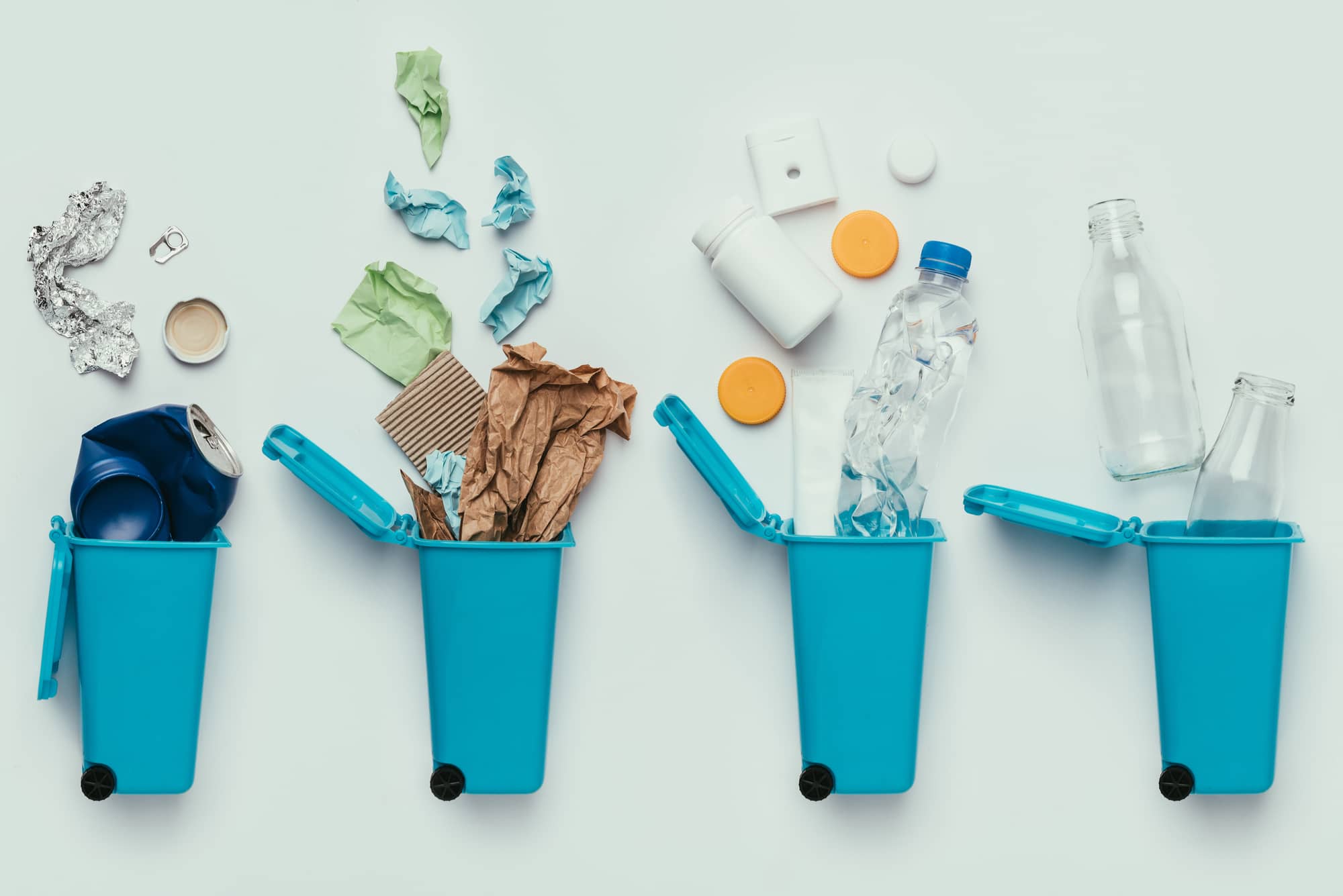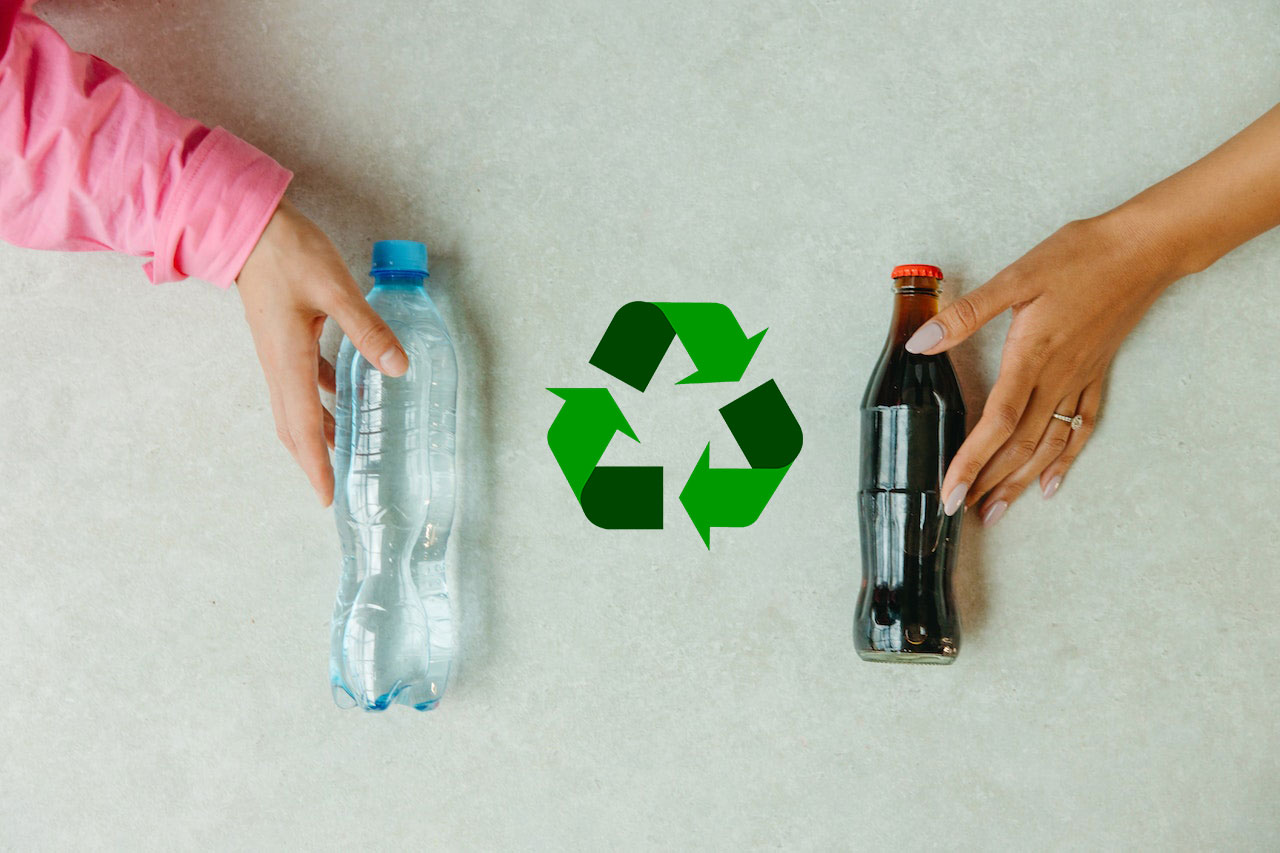The Revolutionary Process of Creating Sustainable Bottles from Recycled Plastic
In recent years, the transformation of plastic waste into sustainable bottles has emerged as a groundbreaking solution to our global plastic crisis. According to the Ellen MacArthur Foundation’s 2023 report, this circular economy approach could reduce plastic waste by 80% while creating a $200 billion economic opportunity.
The Science Behind the Transformation
Collection and Sorting
The process begins with advanced sorting technologies. According to research published in “Waste Management Journal” (Anderson et al., 2023), modern AI-powered sorting systems can achieve 99.9% accuracy in identifying and separating PET bottles from other materials.
Breaking Down the Old
The transformation process involves several key steps:
- Mechanical Recycling
- Bottles are shredded into flakes
- Cleaned using eco-friendly detergents
- Sorted by color and quality
- Processed into raw material
- Chemical Recycling Research from the Massachusetts Institute of Technology (2023) highlights breakthrough developments in chemical recycling:
- Depolymerization breaks down PET into base molecules
- Purification removes contaminants
- Repolymerization creates virgin-quality material
Industry Leaders and Innovations
RPET Pioneers
- Coca-Cola’s World Without Waste
- Invested $4 billion in recycling technology
- Achieved 100% RPET bottles in several European markets
- Goal: 50% recycled material in all bottles by 2025
- Evian (Danone)
- Developed carbon-neutral recycling facility
- Uses blockchain to track recycled material
- Achieved 100% recycled bottles in select markets
- Loop Industries
- Patented infinite recycling technology
- Partners with major beverage companies
- Zero-waste manufacturing process
Technical Specifications and Quality
Research published in the “Journal of Cleaner Production” (Zhang et al., 2024) confirms that recycled PET bottles can match or exceed the quality of virgin plastic:
- Tensile strength: 95-100% of virgin PET
- Clarity: 98% light transmission
- Shelf life: Equal to virgin PET
- Food safety: Meets FDA standards
Environmental Impact
Studies from the Environmental Science & Technology journal (2023) show that recycled PET bottles offer significant environmental benefits:
- 75% reduction in carbon footprint
- 40% less energy consumption
- 90% water usage reduction
- Zero virgin plastic required
Innovative Companies Leading the Change
Technology Providers
- TOMRA Systems
- Advanced sorting technology
- 40% global market share in recycling equipment
- Processes 40 billion containers annually
- Unilever’s CreaSolv
- Proprietary recycling technology
- Focuses on hard-to-recycle plastics
- 50% energy reduction in processing
Sustainable Bottle Manufacturers
- CarbonLite
- Largest bottle-to-bottle recycler in the world
- Processes 2 billion bottles annually
- Supplies major beverage companies
- Veolia
- Global recycling infrastructure
- Innovative purification technology
- Partners with major brands
Future Innovations
Recent developments reported by the Sustainable Packaging Coalition (2024) include:
- Enhanced Recycling Technologies
- Molecular recycling breakthroughs
- AI-powered sorting systems
- Improved decontamination processes
- Material Innovations
- Bio-based additives
- Enhanced barrier properties
- Improved UV protection
Economic Viability
According to McKinsey’s 2024 report on sustainable packaging:
- 30% cost reduction in recycling processes since 2020
- Market value expected to reach $50 billion by 2025
- Growing consumer willingness to pay premium for sustainable packaging
Challenges and Solutions
Research from the Journal of Industrial Ecology (2024) identifies key challenges:
- Collection Infrastructure
- Solution: Investment in smart collection systems
- Implementation of deposit return schemes
- Community engagement programs
- Quality Control
- Advanced spectroscopic sorting
- Blockchain-based traceability
- Standardized quality metrics
The Path Forward
The transformation of plastic waste into sustainable bottles represents a crucial step toward a circular economy. As noted by Dr. James Chen, lead researcher at the Global Sustainability Institute (2024), “The technology exists to create a closed-loop system for plastic bottles. The challenge now lies in scaling these solutions and making them economically viable across all markets.”
The industry continues to evolve, with new technologies and partnerships emerging regularly. Companies like Loop Industries, CarbonLite, and others are proving that sustainable bottle production is not just environmentally necessary but also commercially viable.
Praesent sapien massa, convallis a pellentesque nec, egestas non nisi. Cras ultricies ligula sed magna dictum porta. Lorem ipsum dolor sit amet, consectetur adipiscing elit. Nulla quis lorem ut libero malesuada feugiat.


